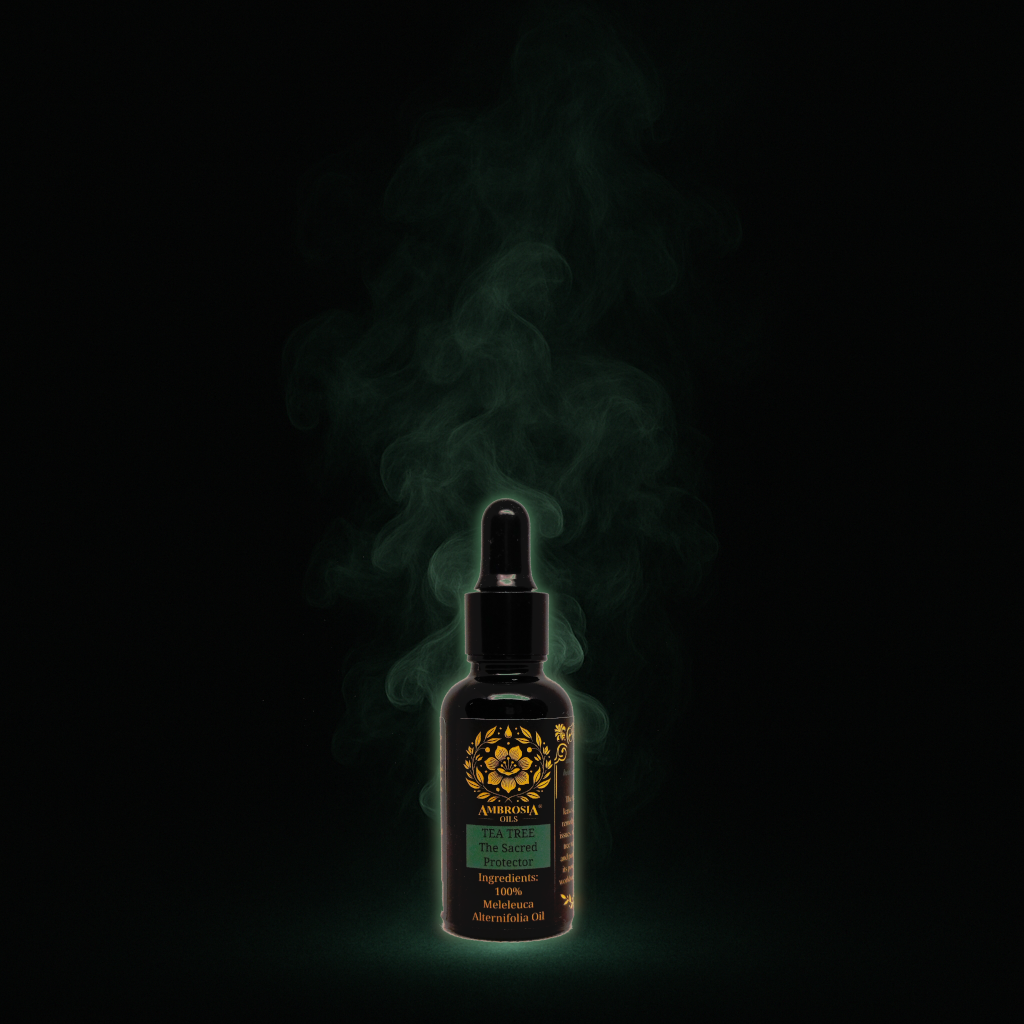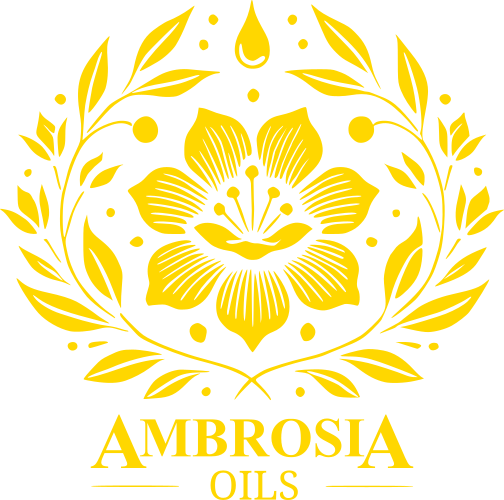
Scent Profile


Use Cases



Tea Tree, scientifically known as Melaleuca alternifolia, is a small tree native to Australia. Its name originates from the early 18th century when British sailors, led by Captain James Cook, brewed tea from the leaves of the tree, giving it the name “tea tree.” Beyond its use in tea, the plant has been revered for centuries for its therapeutic and medicinal properties, making it a cornerstone in natural health and wellness.
The History of Tea Tree
Tea Tree has a rich history rooted in Australian Aboriginal culture. Indigenous tribes have used the leaves of the Tea Tree for thousands of years to treat wounds, infections, and skin ailments. They would crush the leaves to release their essential oils and apply them directly to the skin or use them to make medicinal infusions. The tree became widely recognized in the 1920s when Australian chemist Arthur Penfold conducted extensive research, demonstrating its powerful antiseptic and antimicrobial properties. During World War II, Tea Tree oil was even included in soldiers’ first aid kits as an effective treatment for wounds and infections.

Tea Tree Essential Oil
Tea Tree essential oil is extracted through steam distillation of the tree’s leaves. The result is a pale yellow to clear oil with a fresh, medicinal, and herbaceous aroma. Tea Tree oil is widely regarded as one of the most versatile essential oils, often referred to as a “medicine cabinet in a bottle.” Its powerful properties make it a staple in natural remedies, skincare products, and cleaning solutions.
Properties of Tea Tree Oil
Tea Tree essential oil boasts a variety of beneficial properties, including:
- Antiseptic and Antimicrobial: Tea Tree oil is highly effective against bacteria, fungi, and viruses, making it ideal for treating cuts, wounds, and skin infections.
- Anti-inflammatory: It can soothe irritated skin and reduce redness and swelling, making it beneficial for conditions such as acne, eczema, and psoriasis.
- Antifungal: Tea Tree oil is often used to treat fungal infections like athlete’s foot, nail fungus, and ringworm.
- Decongestant: Its fresh aroma can help clear respiratory passages, making it useful in inhalations for colds and sinus congestion.
- Immune-boosting: Tea Tree oil’s antiviral properties can support the immune system in fighting off infections.
Benefits and Uses of Tea Tree
Tea Tree oil’s versatility makes it invaluable in various applications:
- Skincare: It is a common ingredient in acne treatments due to its ability to combat bacteria and reduce inflammation. It can also help soothe insect bites and minor cuts.
- Hair Care: Tea Tree oil is often added to shampoos and conditioners to treat dandruff and promote a healthy scalp.
- Aromatherapy: The oil’s refreshing scent makes it a popular choice in diffusers, helping to purify the air and support respiratory health.
- Household Cleaning: With its antimicrobial properties, Tea Tree oil can be used as a natural cleaning agent for surfaces, reducing the need for chemical-based cleaners.
- First Aid: It is a go-to remedy for minor wounds, burns, and fungal infections, providing quick and natural relief.
The Power of Nature in Tea Tree
Tea Tree’s reputation as a healing plant continues to grow as people seek natural alternatives for health, wellness, and beauty. Its unique combination of properties makes it a must-have for anyone interested in holistic living. Whether used in skincare routines, household cleaning, or as a natural remedy, Tea Tree essential oil remains a testament to the power of nature and its ability to support and heal.
